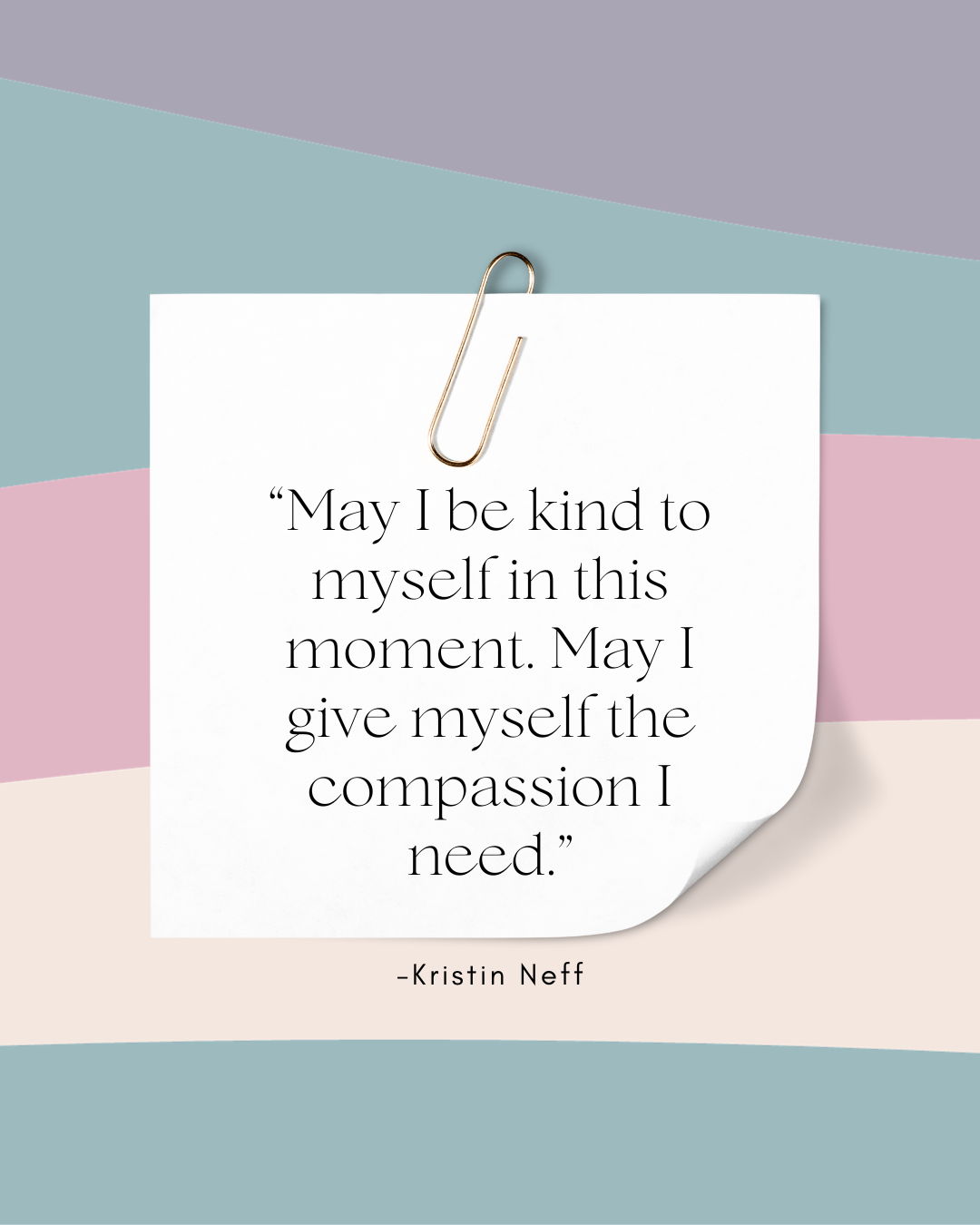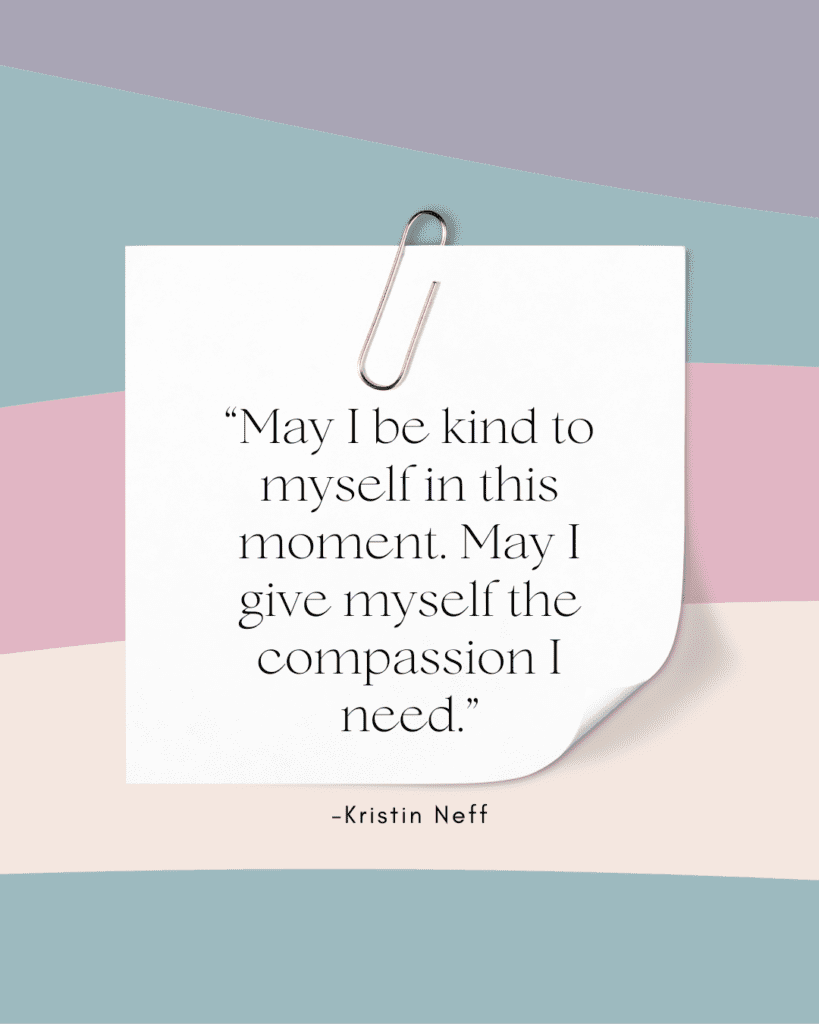menu

Shame in Eating Disorder Recovery
category 4
category 3
category 2
category 1
blog
categories
book your 1:1 call
connect with me
I utilize my own shared recovery experience to provide compassionate recovery care and empower clients to a life of health and wellness.
a Certified Eating Disorder Recovery Coach based in Dallas, Texas.
i'm merrit elizabeth
Looking for information on bulimia specifically?
visit the conquering bulimia blog

Shame is a powerful emotion that often accompanies the journey of eating disorder recovery. It can trap individuals in a vicious cycle of self-destructive behaviors, making the path to healing physically, mentally, and spiritually devastating. In this blog post, we’ll explore how practicing self-compassion can help in overcoming shame in eating disorder recovery.
Shame is a normal human emotion that can remind you when you are veering off course from your own values or stepping over social boundaries. Everyone has experienced the quick intense emotion of realizing your actions were hurtful. Physical symptoms include a sense of dread, increased heart rate, sweating, or nausea. The natural inclination is to avoid eye contact and make yourself as small as possible. Inside the brain, elevated activity can be seen in the areas associated with our identity, our emotions, and how we perceive clues from others. Shame is a full-blown assault on our mind and body. Chronic shame not only locks you into your eating disorder, but it can also lead to anxiety, depression, addiction, and increased risk of self-harm.
Don’t let shame stop you from seeking recovery
According to renowned shame researcher, Dr. Brene Brown, “Shame needs three things to grow exponentially: secrecy, silence and judgment…but when shame is introduced to empathy, it can no longer grow.” Self-criticism decreases when it is met with self-compassion.
How can we stop the downward spiral of shame?
We need to feel it to heal it. That means acknowledging the emotion, recognizing its triggers, and learning how to let it pass. It isn’t easy or quick, but through the self-knowledge that comes with mindfulness practices, so too does resilience. Here are two daily doses of self-compassion to help you clear away shameful thoughts.
Reframe negative thoughts—When you catch yourself feeling triggered and the voice of shame says “you are a bad person,” immediately correct yourself. Breathe deeply. “I am a good person who learns from any mistake in the past.” Your brain will store the emotion of shame in combination with your thoughts and physical sensations. Control the narrative.
Mindfulness Meditation—In your meditation posture, after 5 cycles of slow deep belly breathing, gently bring what you feel ashamed of to your mind. Observe thoughts, sensations, and feelings. Name them. If they are strong, breathe through them, and visualize them moving away from you. No judgment or trying to change them. Bring kindness and compassion to yourself. Remind yourself: you are safe. If you become overwhelmed, you can let go of the practice at any time. After observing for a couple of minutes, shift your awareness and feel yourself expanding and softening. Ask yourself: “Can I let this be? Can I let it go? Can I shift my perspective to see this a different way?” After contemplating your answers, allow yourself to return only to observe your breath, then open your eyes. Your thoughts of shame are always scarier left buried in the dark. When you make time to explore them in a safe space, you begin to let the light in and find healing.
*Exploring shame, finding acceptance, and practicing self-compassion requires time and a safe environment. Mindfulness allows us to experience and understand all emotions while building awareness of how they arise and how they affect us. Remember—a simple shift in your perspective from “I am a mistake” to “I made a mistake” can ultimately determine your peace and your freedom. You deserve both, so practice daily.
If you need more support on your eating disorder recovery journey, I would be honored to work with you. Please contact me here for 1:1 private eating disorder recovery coaching.

Merrit Elizabeth Stahle is an Eating Disorder Recovery Coach certified by The Carolyn Costin Institute. She holds a master’s degree in Health Promotion Management and a certification in Applied Neuroscience. She is fully recovered from an eating disorder and she has years of experience working with women with eating disorders.
Leave a Reply Cancel reply
next post
previous post
browse categories
read or leave a comment +